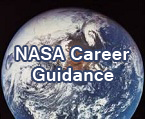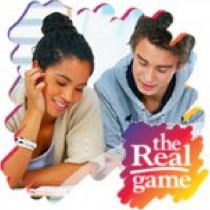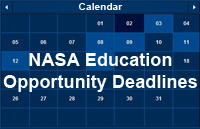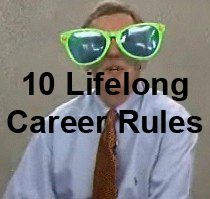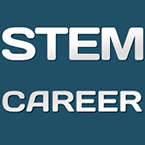Check out these great resources from PBS to help students decide what to do with their lives and for help with some exhilarating lesson plans in the classroom!
PBS Resources For Students and Educators
Posted in: Counselors, Educators, PBS, Students
Support. Collaborate. Retain: Improving The STEM Teaching Crisis
As the excerpt states, “One of the most often-cited reasons for the STEM achievement gap is the lack of skilled and trained STEM teachers.” Findings indicate that a large percentage of K-12 teachers are under-qualified in STEM disciplines. As a result, students are not getting the education they need in order to be competitive in these fields. In many cases, teachers are also contending with poor workplace conditions, lack of funding, and lack of support from peers and school leadership. This report discusses what teachers, administrators, educational leaders and interested citizens can do to improve teacher retention by encouraging and improving opportunities for collaboration, support, respect, openness, and commitment to student achievement and professional development within schools. It presents original findings from a longitudinal study of public school science and math teachers in California participating in Professional Learning Communities (PLCs).
Posted in: Counselors, Educators, STEM
Science Teacher Uses “STEM and You!” Slides in Presentation
“I’m a science resource teacher in Hawaii and came across your PowerPoint called “STEM and You” and I was very impressed with it. One of my tasks is to spread awareness about STEM and STEM careers for students here in Hawaii. I write to ask for permission to use some of your slides in our presentations to Hawaii teachers.”
Posted in: Counselors, Educators, Material
Ethnically Same Mentor’s Boost STEM Career Commitments
This article highlights evidence-based research that suggests same-ethnicity mentors encourage underrepresented groups in pursuing careers in STEM related fields.
Posted in: Counselors, Educators, Students
Forbes List of Best Colleges for Women and Minorities in STEM
Higher education can do more to help two big groups succeed in the fields of science, technology, engineering and math. Read more here.
Posted in: Counselors, Educators
One list of 10 Best Colleges for Females in STEM Field
Some colleges are working hard to even out their enrollments in STEM fields by attracting more female applicants and helping them stay until graduation. Read more about the list of best colleges here.
Posted in: College, Counselors, Students
How to Save the World through Science and Engineering
Grades 6-12 are invited to create a short video explaining how to “Save the World through Science and Engineering”. Parents, educators, counselors, get your students to compete in this for the chance to win $2000 (first prize) and a travel stipend to Washington DC to attend the festival.
Research Experience of Undergraduates
The National Science Foundation has a Research Experience of Undergraduates program. Go here for more information on this great program.
Posted in: Counselors, Educators, Parents, research, Students, Undergraduate



